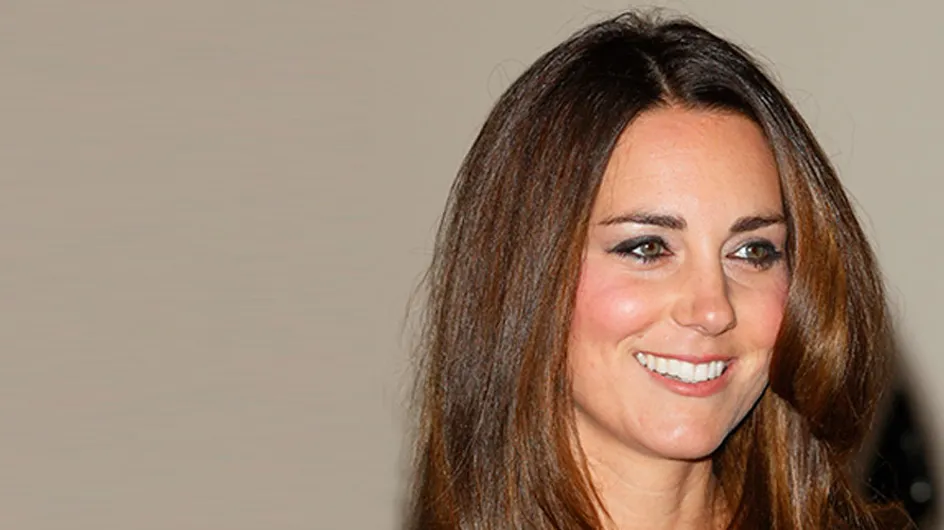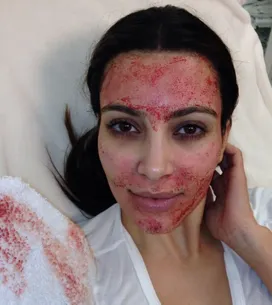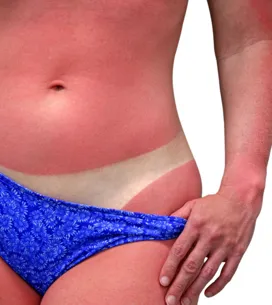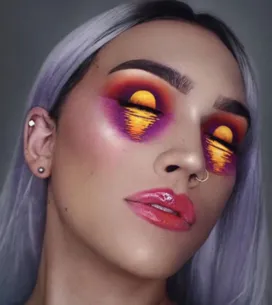Strands stuck on your jumper? Falling out in the shower? Clogging up your hairbrush? Losing hair is a natural and healthy part of the renewal process but when does normal hair loss become something to be concerned about?
We got chatting to leading expert for Nourkrin Dr. Jan Wadstein MD, to debunk the myths and get clued up on hair loss because let’s face it, our locks are pretty precious.
What causes hair loss?
Part of the problem with hair loss is we don’t understand it. It’s baffling to us. Are we stressed, lacking in a specific vitamin, or perhaps it's hereditary? As Dr Jan Wadstein explains, “There’s not one specific trigger for each person. There are numerous reasons why women and men might experience hair loss in their lives.”
The primary causes are:
- Stress
- Hormones/Menopause
- Diet – What we eat/severe weight loss/extreme weight gain
- Health – Ill health
- Diabetes
- Medication – Due to strong medicines or those in which hair loss is a known side effect
- Childbirth – 2-4 months after childbirth there is a risk of post partum hair loss
- Hair styling – Over-use of heated styling tools, chemicals, harmful brushing/styling techniques
- Smoking – Can impair circulation and increase risk of hair lossGenetics
How much hair loss is normal?
Some days you only have to move your head for a bunch of hair to just slip out, especially if it’s just been washed but losing strands and losing clumps is different so it’s good to be aware of any changes in your hair cycle.
“On average it is normal to lose between 50-100 loose strands each day (don’t worry, we have over 100,000 in total). However, if hair begins to fall out in clumps, it could be a sign of an underlying medical condition and advisable to visit the GP.
“The obvious tell tale signs that should make us aware that we are losing too much hair are simply when we start to see an increase in the amount of hair on our pillow in the morning, in the bath/shower plug hole or in our brushes.”
What effect does stress have on hair loss?
The more someone tells you not to stress the more you stress, that’s only natural, and with our lives becoming increasingly busier it’s no wonder we’re feeling the strain.
Stress is one of the major causes of hair loss and the past decade has seen a significant rise in the number of people experiencing hair loss as a result.
“Intense stress can act as a trigger that causes a disruption to the Hair Growth Cycle. Identifying a specific ‘stress event’ that triggered the hair loss may be difficult, yet evidence suggests that acute and chronic stress may precipitate hair loss conditions such as genetic hair loss, Telogen Effluvium, Alopecia Areata and Trichotillomania.”
What can you do to prevent hair loss?
It’s every girl’s worst nightmare to think her crowning glory won’t always be, well, glorious, so we should do what we can to protect our hair, stat.
Taking care of your diet is one way to safeguard those tresses from thinning and shedding. "A hair-friendly diet should prioritise protein-rich foods such as meat, beans and fish, as hair is largely comprised of proteins naturally.
"Leafy green vegetables are also beneficial due to their high iron content, as well as foods high in B-complex vitamins like eggs, oatmeal and soy." Suddenly protein shakes don't seem that bad an idea after all!
How does diet affect hair loss?
You know the saying, 'you are what you eat', well, healthy tresses on the outside are a sure sign you're doing things right on the inside. "The most common nutrition-related hair loss occurs while dieting, as severe weight loss can often cause a temporary increase in hair shedding due to metabolic changes in the body.
"Even infrequent eating may cause hair to fall out due to a decrease in the amount of energy available at the follicle. Protein deficiency can also cause hair loss, as hair fibres consist of 80-90% protein."
Can brushing/washing your hair too much have a significant effect on hair loss?
Tresses need TLC. That's a given. Shiny Kate Middleton locks don't come easy, they need maintenance, trims, deep conditioning... basically the whole shebang.
That means blow-drying your hair on the hottest setting and overly vigorous brushing has GOT to stop. "When hair is wet try to use a wide comb to avoid unnecessary tugging of the hair and follicles. Most people don’t need to wash their hair every day, especially if they use a good quality shampoo. Also, rinsing in cool/cold water will close the cuticles of the hair and help it retain the natural oils and moisture."
When should you seek medical advice?
Going to your GP to discuss something beauty related might seem pretty lame but recent research has highlighted that in many instances hair loss is a possible precursor to a more serious health problem.
That's not the green light to panic right there, after all hair loss affects as many as 60% of women in their lives, but it's important to recognise anything beyond the ordinary and speak to an expert about anything causing you concern.
Whether it's down to diet, iron deficiency, stress or Diabetes at least you're taking responsible steps to identifying the cause and type of hair loss you're experiencing.
Are there any products that can help?
The market is full of hair products promising the earth (and a thick head of hair to go with it) but which ones actually help reduce hair loss?
Dr Jan Wadstein recommends using Nourkrin's WOMAN supplements, designed to promote hair growth:
"As a baseline treatment, start taking Nourkrin® WOMAN for a minimum of 6 months, as this will help normalise the Hair Growth Cycle. I always advise Nourkrin® supplements because they are safe, drug-free, and scientifically proven to normalise the Hair Growth Cycle and stimulate re-growth, based on 25 years of research."
Have you experienced hair loss? What advice would you give? Tweet us @sofeminineUK
Check out these beautiful hairstyles
You might also like:
10 Of The Best Acne Home Remedies For Clear Glowing Skin!



















